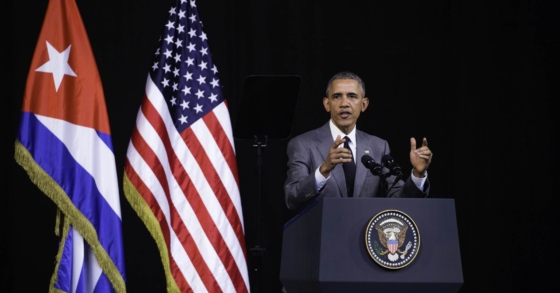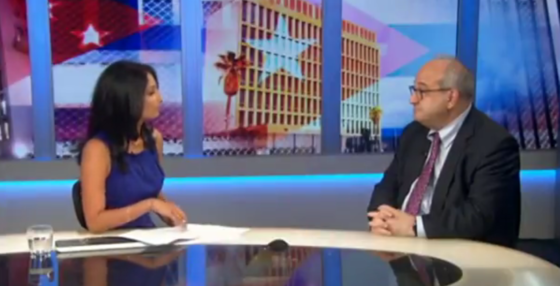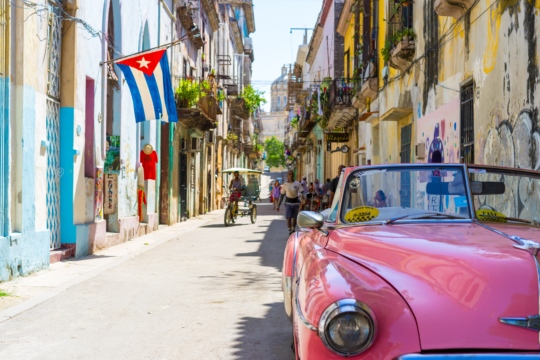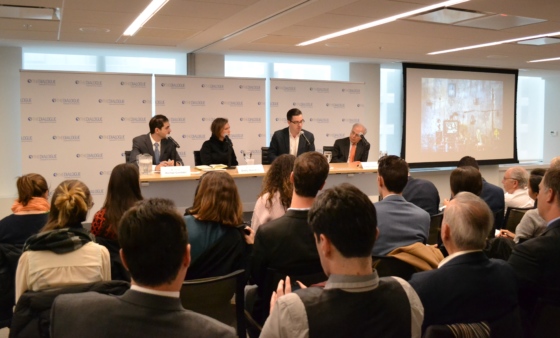
An Irreversible Rapprochement with the United States
Barack Obama’s visit to Cuba will have historic and lasting implications.
Barack Obama’s visit to Cuba will have historic and lasting implications.
A recent series of attacks on American personnel in Cuba has left officials in both countries confused. As investigations into the origins of the mysterious symptoms that have affected 21 members of the U.S. intelligence and diplomatic corps continue, there have already been implications for relations between the two countries. Last week, Secretary of State Rex Tillerson announced that about half of the embassy’s staff would be recalled. In an interview with BBC, Michael Shifter discussed the attacks and the effect they may have on U.S.-Cuba relations moving forward.
Ultimately it is the Cuban government itself that will determine whether Cubans’ hopes and ambitions are met. The current deterioration in diplomatic relations is likely to strengthen those in both the United States and Cuba who favor the familiar comfort of a static Cold War antagonism over the rising expectations generated by a new US-Cuba dynamic.
On November 10, the Inter-American Dialogue hosted a debate about the future of US-Cuba relations featuring Emily Mendrala, Michael Bustamante, and Jorge I. Dominguez, with Michael Camilleri moderating the discussion.
In a public event for the Chappaqua Library (NY), Michael Shifter discussed the impact of President Trump’s first year in office upon American foreign policy and relations with Latin America. Shifter outlines three policy issues that have recently heightened tensions between the United States and Latin America: isolationist and protectionist immigration and trade policies, the reversal of the Cuban thaw, and the Trump administration’s return to a more militant War on Drugs.
 Video
Video


 Video
Video